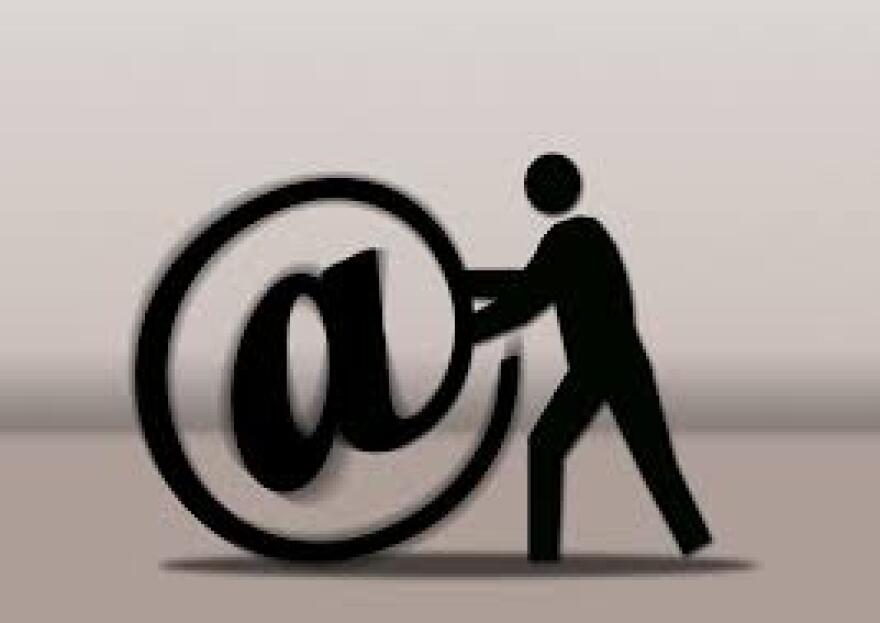If you feel like you’re working more hours than you used to, it may be because you ARE. A new study finds getting emails after work hours, not only eats into your ‘off time’ it also causes a special kind of stress.
It’s called ‘anticipatory stress.’ It’s not so much dealing with the actual email that comes in outside normal work hours. It’s the worry that one might.
“You know you never leave work behind so even when you’re at your kid’s soccer game you’re still checking your email or worrying about email that might come or thinking about an email that you got.”
Bill Becker is associate professor of management at The Pamplin College of Business at Virginia Tech. He co- authored a study that looked at how that affects work life balance.
“We asked people how much time they actually spent on emails after hours) and we found that on average, people spent like 8 hours so that’s like a whole ‘nother work day answering email and so answering those emails did actually have some effects too but that combined with they worrying about it, the anticipatory stress, really kind of ate at people.”
Other countries have tackled the problem by banning email on evenings and weekends, like France, which did so in May of this year, but Becker suggests that could end up doing more harm than good.
"Probably one of the most effective things is if individual leaders just were much clearer about their expectations. Even when they send an email during the weekend they say, ‘Hey this is only information, I don’t want you to do anything with this, we’ll tackle this Monday morning, ‘that could go a long way to relieving those feelings that we all kind of have of,’ Oh my gosh I’ve got to do this to impress my boss, that’s what they want, ‘even if they didn’t ask for it but that’s what I’ve got do and we could make a lot of inroads just by being more clear about what our expectations are.”

Becker acknowledges t it may not be easy for bosses to do that because email after hours also mean higher productivity by workers. But he points to the study’s findings, which showed these emails and more so the worry about them lead to job burnout.
“In the long term (if bosses ignore it) they’re going to see these detrimental effects people, not being as productive, more hire turn-over, less committed employees. So if they only think in the short term they’ll keep piling it on but there’s lots of evidence that in the long term there’s going to be some high costs to pay. And I think we’re only starting to really see those as email is becoming more and more a part of the workplace.”

